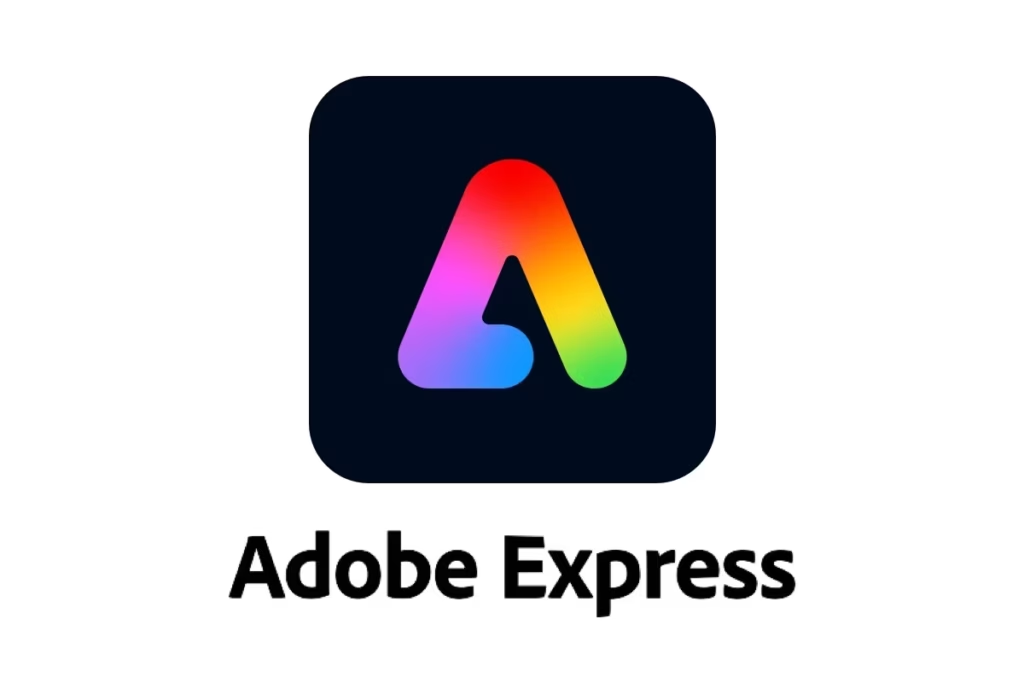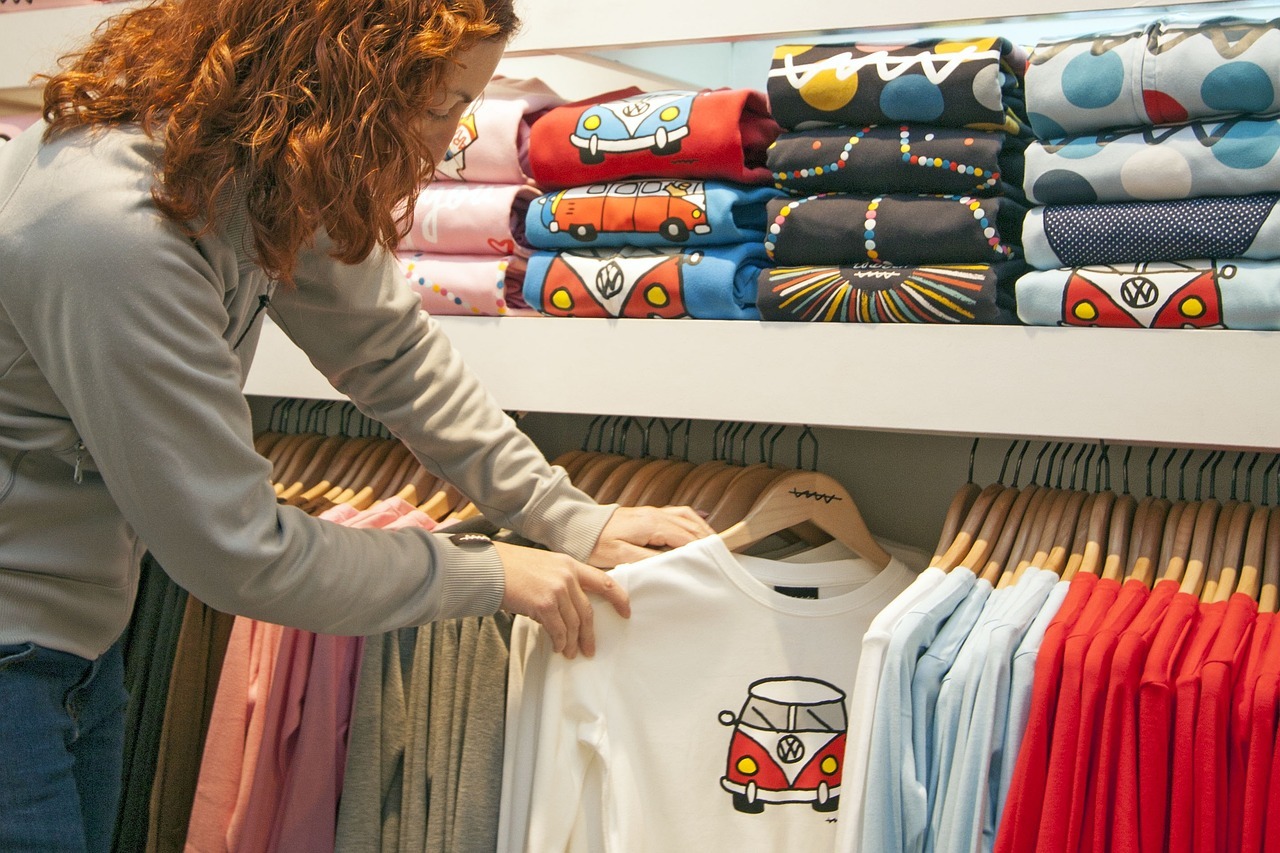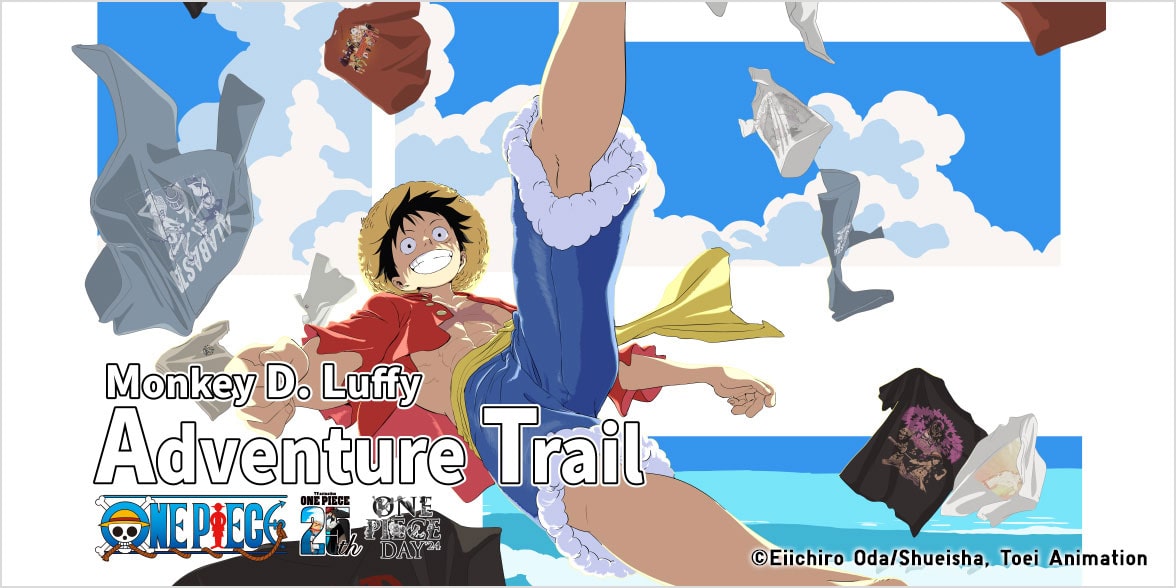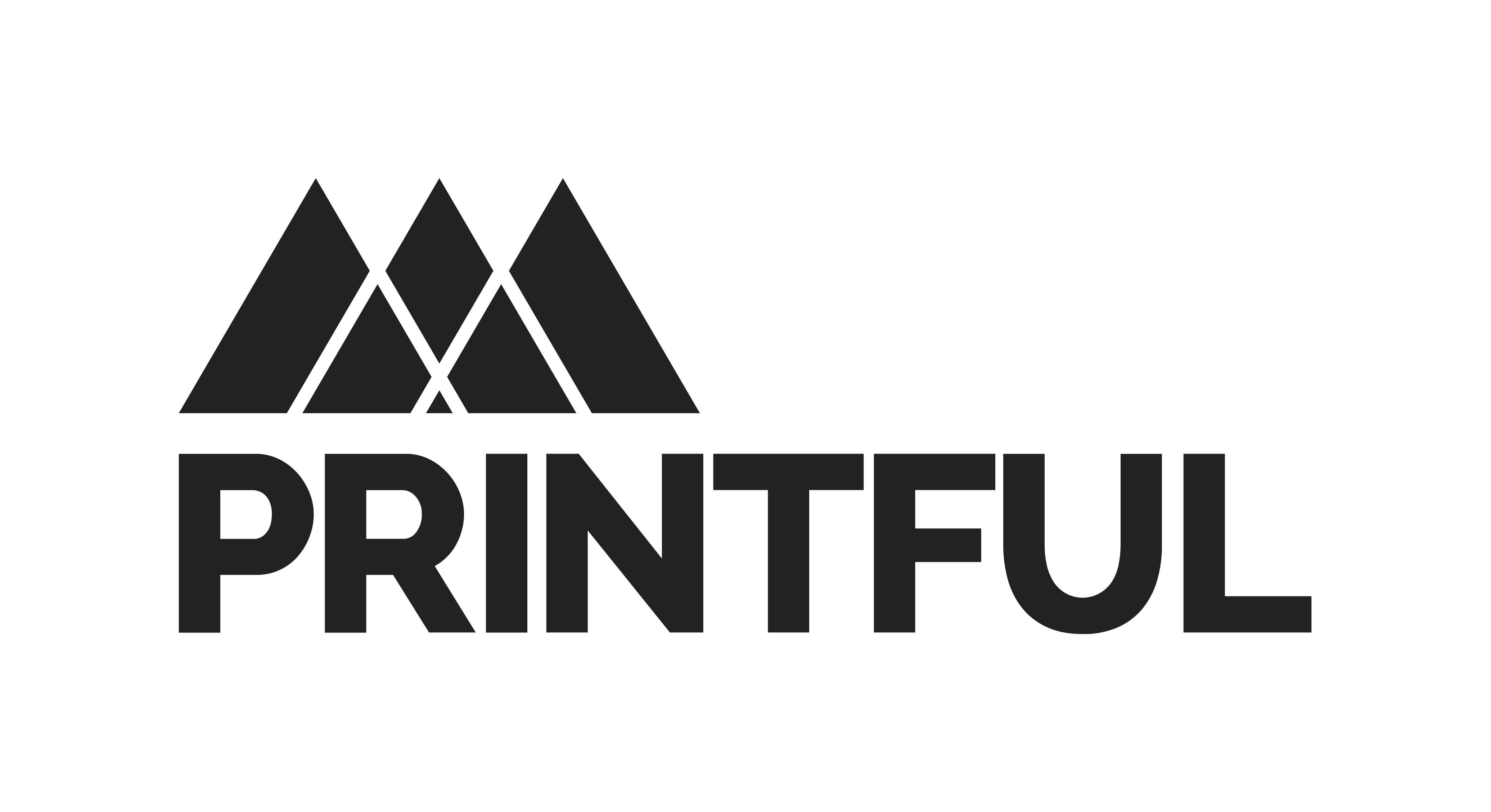As the demand for custom T-shirts grows, so does the availability of online tools and platforms that make it easier than ever to create unique, personalized designs. Whether you’re a complete beginner or an experienced designer, there’s a tool that fits your needs. This guide explores the best T-shirt design tools available today, highlighting their features, benefits, and ideal use cases.
1. Printful Design Maker

Best for: Beginners who want an all-in-one design and production solution.
Printful Design Maker provides a simple and intuitive platform where users can create T-shirt designs directly in their web browser. The platform allows users to add text, upload images, and customize colors and patterns.
Key Features:
- Easy Customization: Add text, images, and clipart with just a few clicks.
- End-to-End Production: Once the design is complete, users can order the T-shirt, and Printful handles the printing and shipping.
- User-Friendly Interface: Simple drag-and-drop tools make it perfect for beginners.
Drawbacks:
- Some advanced design features are limited.
- A Printful account is required to download designs.
Best Use Cases:
If you want to quickly design a T-shirt and have it printed and shipped, Printful is one of the easiest and most efficient tools available. It’s great for online store owners or creators of custom merchandise.
2. Adobe Express

Best for: Creative teams and small businesses seeking professional-grade templates.
Adobe Express, part of Adobe’s suite of design tools, offers a user-friendly, web-based platform for creating simple but professional-looking T-shirt designs. It provides customizable templates for those short on time or design skills.
Key Features:
- Pre-made Templates: Ready-to-use designs that can be customized with text, images, and brand colors.
- Cross-Platform Access: Available on both desktop and mobile devices.
- No Design Skills Required: Ideal for people with limited design experience.
Drawbacks:
- Customization options are more limited than Adobe Illustrator or Photoshop.
Best Use Cases:
Adobe Express is ideal for businesses that want to create branded T-shirts for company events, team uniforms, or giveaways. The templates offer a fast way to get started, and the designs look professional without requiring graphic design skills.
3. Designhill T-Shirt Maker

Best for: Small business owners and individuals looking for AI-powered design assistance.
Designhill T-Shirt Maker uses AI to streamline the design process. Its intuitive interface allows users to create designs by selecting fonts, colors, and images from a vast library. This tool requires no design experience, making it an accessible option for first-time creators.
Key Features:
- AI-Driven Design: The system suggests design elements and layouts based on user input.
- Print-Ready Files: Download high-resolution, print-ready files for production.
- Simplified Interface: No complex design tools, just intuitive menus and options.
Drawbacks:
- Limited control for advanced users who want more customization.
Best Use Cases:
For small businesses, event organizers, or individuals looking for a fast, easy way to produce T-shirt designs, Designhill’s T-Shirt Maker is a perfect fit. It works well for print-on-demand stores and personal projects.
4. Printify Product Creator

Best for: E-commerce sellers who want to offer custom-designed T-shirts without managing inventory.
Printify’s Product Creator is specifically designed for print-on-demand business owners. It allows users to create T-shirt designs, then sync them with e-commerce platforms like Shopify, Etsy, and WooCommerce. Printify takes care of production and shipping.
Key Features:
- Print-on-Demand Integration: Printify automatically syncs with e-commerce platforms for seamless order fulfillment.
- Drag-and-Drop Design: Easily upload logos, graphics, and other design elements.
- Customization Options: Choose from various shirt sizes, colors, and styles.
Drawbacks:
- Requires a Printify account to access full features.
Best Use Cases:
Printify is ideal for entrepreneurs running print-on-demand stores. It allows for easy customization, automatic order processing, and integration with popular e-commerce platforms.
5. Placeit

Best for: Marketers and brand owners who want to visualize T-shirt designs in mockups.
Unlike other tools on this list, Placeit specializes in mockups and product previews. It allows you to upload designs onto high-quality, realistic images of people wearing T-shirts. While it also offers some design features, its strength lies in presentation and branding.
Key Features:
- Mockup Generator: Preview designs on T-shirts worn by models in real-life settings.
- Web-Based: No downloads or software installation required.
- Extensive Library: Access thousands of templates, images, and backgrounds.
Drawbacks:
- Limited design customization options.
- Some templates require a paid subscription.
Best Use Cases:
If you want to create product listings or showcase T-shirt designs on e-commerce sites, Placeit is an excellent choice. It provides clean, professional mockups that increase conversions.
6. Canva

Best for: Absolute beginners or non-designers looking for simple, quick designs.
Canva is one of the most widely used design platforms on the web, and its T-shirt design features are perfect for people with little to no design experience. Its drag-and-drop interface and large library of templates make it one of the easiest tools to use.
Key Features:
- Templates Galore: Choose from a vast selection of pre-made designs.
- Drag-and-Drop Editor: Add text, shapes, and images with ease.
- Accessible on Mobile: Design on the go using Canva’s mobile app.
Drawbacks:
- Not as powerful as tools like Adobe Illustrator.
- Limited control over advanced design features.
Best Use Cases:
Canva is perfect for individuals and small business owners who need simple, text-based designs or logo-based T-shirt graphics. It’s also popular among influencers and social media creators.
7. Inkscape

Best for: Advanced users and designers seeking open-source, professional-grade design software.
Inkscape is a free, open-source vector graphics software similar to Adobe Illustrator. It requires more technical skill than other tools on this list but offers unmatched flexibility and customization.
Key Features:
- Advanced Vector Editing: Full control over vector paths, layers, and nodes.
- Open Source: Free to use with a vibrant online community for support.
- Professional-Grade Tools: Create scalable, print-ready designs.
Drawbacks:
- Steeper learning curve compared to Canva and Printful.
- Not cloud-based, so it requires installation on your computer.
Best Use Cases:
Inkscape is best for professional designers and advanced users who want total control over their T-shirt designs. It’s also a good choice for those looking for a free alternative to Adobe Illustrator.
Which Tool is Best for You?
| Tool | Skill Level | Customization | Print Integration | Free Version |
|---|---|---|---|---|
| Printful Design Maker | Beginner | Medium | ✅ Yes | ✅ Free |
| Adobe Express | Beginner-Intermediate | Low | ❌ No | ✅ Free |
| Designhill | Beginner | Medium | ❌ No | ✅ Free |
| Printify | Beginner-Intermediate | Low | ✅ Yes | ✅ Free |
| Placeit | Beginner-Intermediate | Low | ❌ No | ❌ Limited |
| Canva | Beginner | Low | ❌ No | ✅ Free |
| Inkscape | Advanced | High | ❌ No | ✅ Free |
Final My Opinions
Choosing the right T-shirt design tool depends on your skill level, purpose, and production needs. For complete beginners, Canva, Printful, and Adobe Express offer intuitive drag-and-drop interfaces. Small business owners and e-commerce entrepreneurs may prefer Printify or Designhill, which allow for quick, production-ready designs. For designers seeking advanced customization, Inkscape and Adobe Illustrator provide professional-grade control.
Whether you’re a hobbyist, a small business owner, or a professional designer, these tools have you covered. Take your creativity to the next level, and start designing T-shirts that make an impact!



